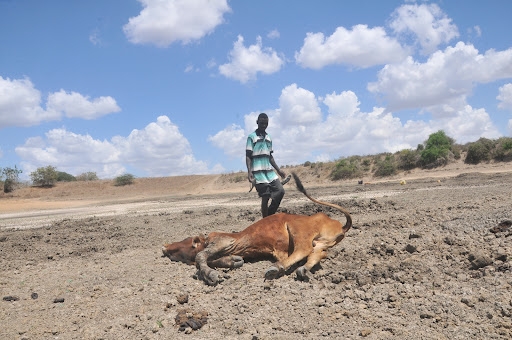A major nuclear forum fashioned as the fourth African Youth Nuclear Summit (AYNS2023) is expected at KICC Nairobi from October 23–26 this year. This will attract all nuclear-conscious minds globally.
This comes barely a month since the inaugural international youth nuclear forum in Obninsk, where Russia opened its doors to international students and nuclear experts from over 70 countries, including African nations, to take part in its nuclear education week, coined ‘Empowering Education for the World’s Sustainable Tomorrow’.
For starters, Obninsk is known as the globally first town to house and generate nuclear energy for industrial and home power. This June 1954 experience marked a historic crossover from nuclear for military power to peaceful socioeconomic applications.
Notably though, since the destruction of two Japanese cities of Hiroshima and Nagasaki by nuclear atomic bombs on August 9, 1045, nuclear has had a negative connotation across the world, resulting in a biased imagination on nuclear application that will take us many decades to reverse.
In an interview, Raphael Chesori, a nuclear expert and don at Jomo Kenyatta University, in his capacity as the president of the African Young Generation in Nuclear and borrowing a lot from Russian experience, sensationally painted a very promising and transformative future through peaceful applications of nuclear power.
Chesori emphasised that, apart from the offensive use of nuclear, this energy can be utilised in diverse peaceful socioeconomic and sustainable development contexts. "In our 4th African Youth in Nuclear Summit scheduled for October 23 to 26 this year here in Nairobi, we aim to debunk negative illusions, promote, and champion peaceful and progressive nuclear power applications that can transform various sectors of our economy."
He says health, agriculture and industry are the areas that can immensely benefit from nuclear power applications. This comes at a time when Kenya is giving serious thought to establishing a nuclear plant in Kwale county, though there are concerns about the country's capacity to manage and guard against the environmental risks that such an establishment poses.
Currently, nuclear generates about 16 per cent of all electricity in the world, a position it has held since nuclear's share of the power market peaked in 1987. Russia, as a pioneer, injects about 20 per cent of its domestic power from nuclear into its national power grid.
Despite this nuclear progress in developed countries, there is continued research and deliberation on the nuclear fuel cycle and nuclear waste management. These concerns are further affirmed by the horrendous effects the nuclear bombs had on Japanese soil.
However, it's rational to appreciate the fact that all major advancements come with an equal share of concerns, and these should not scare away developing countries from considering nuclear energy as a low-carbon venture and a more sustainable source of power.
Correspondent, African Youth Generation in Nuclear












